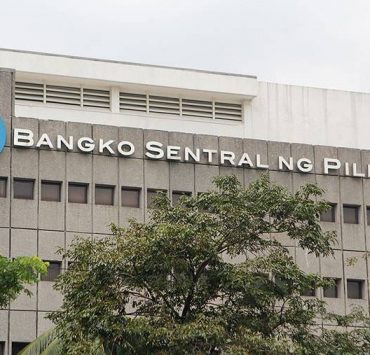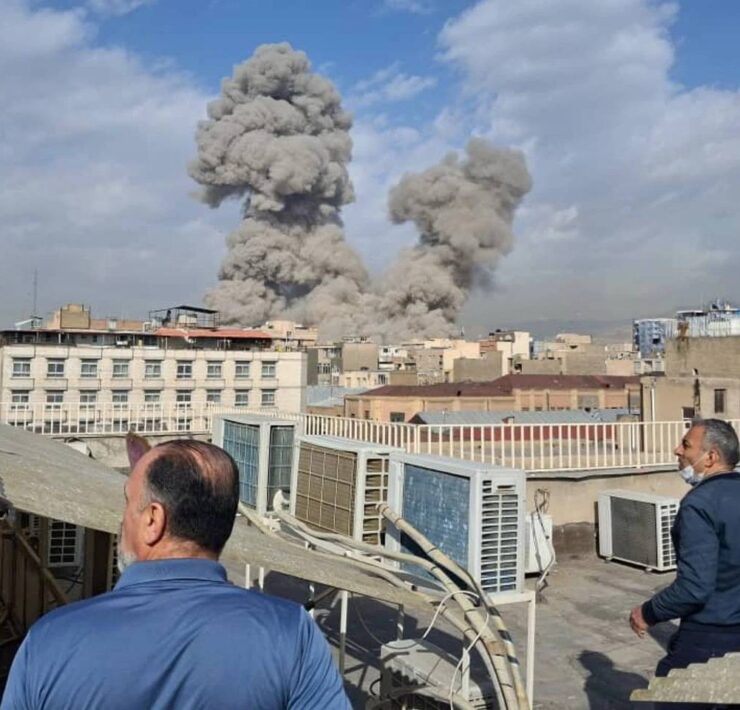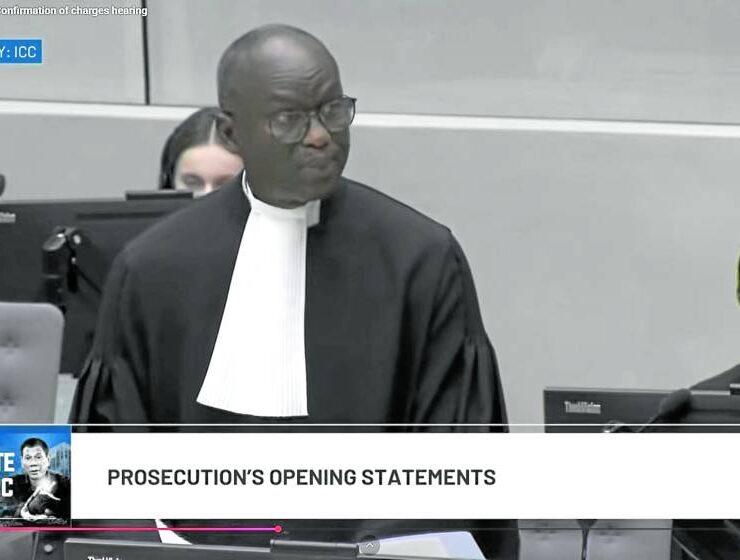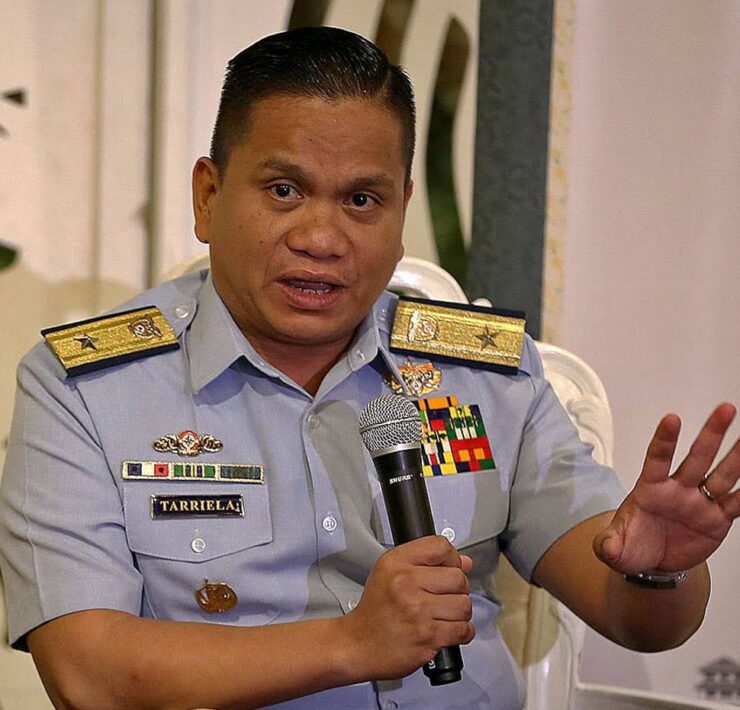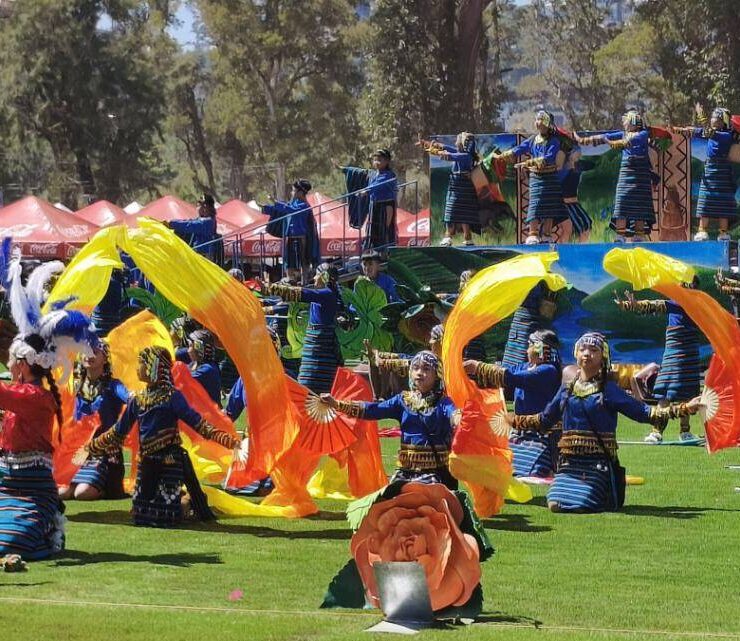DFA: Most Filipinos in Lebanon don’t want to leave
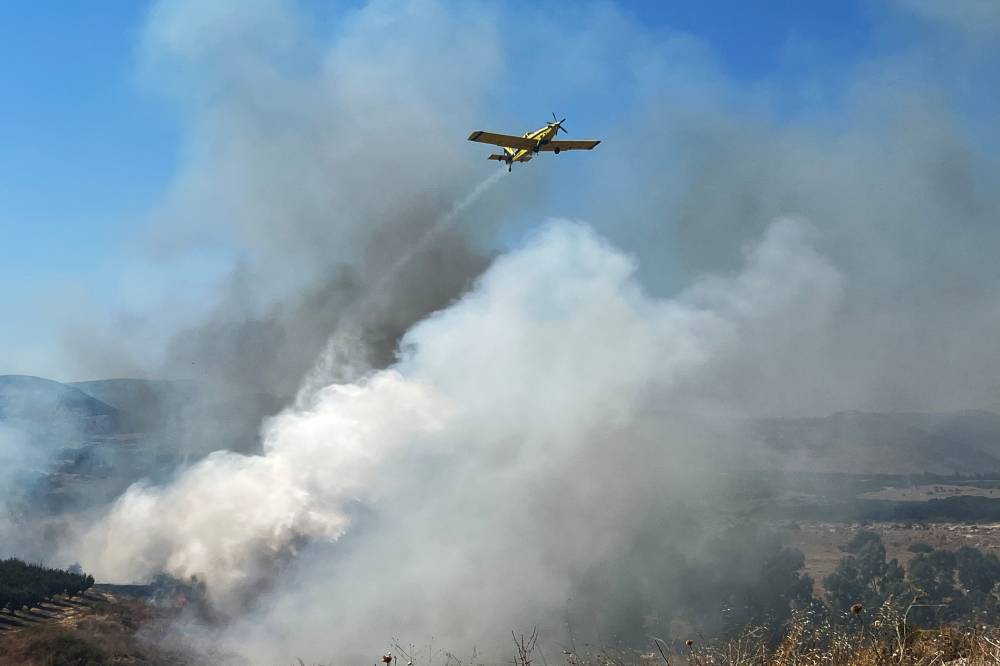
“These are the undocumented ones or those who have just arrived in Lebanon, [with] less than two years [of stay] so [they] are not used to regional tensions,” Foreign Affairs Undersecretary Eduardo de Vega told dzBB. He added that among the 1,000 who had asked to be repatriated, 356 were already back in the Philippines.
The DFA official said the Philippine government would shoulder the travel expenses of those who want to return to the country since Beirut was under alert level 3, which meant that repatriation was available but voluntary.
On Friday, the Philippine Embassy in Beirut urged all Filipinos there to pull out, following an Israeli strike after ceasefire talks with the Palestinian Islamist group Hamas were paused.
“The Philippine Embassy in Lebanon strongly urges all Filipino citizens to leave Lebanon immediately while the airport remains operational. We advise all Filipino nationals to prioritize their safety and depart the country as soon as possible,” it said in a Facebook post.
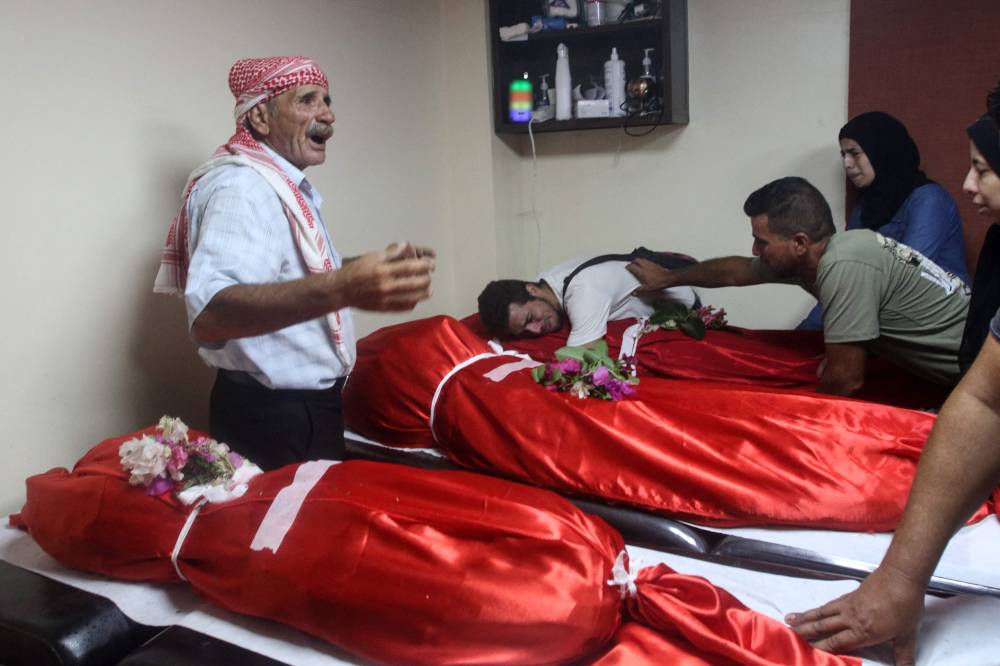
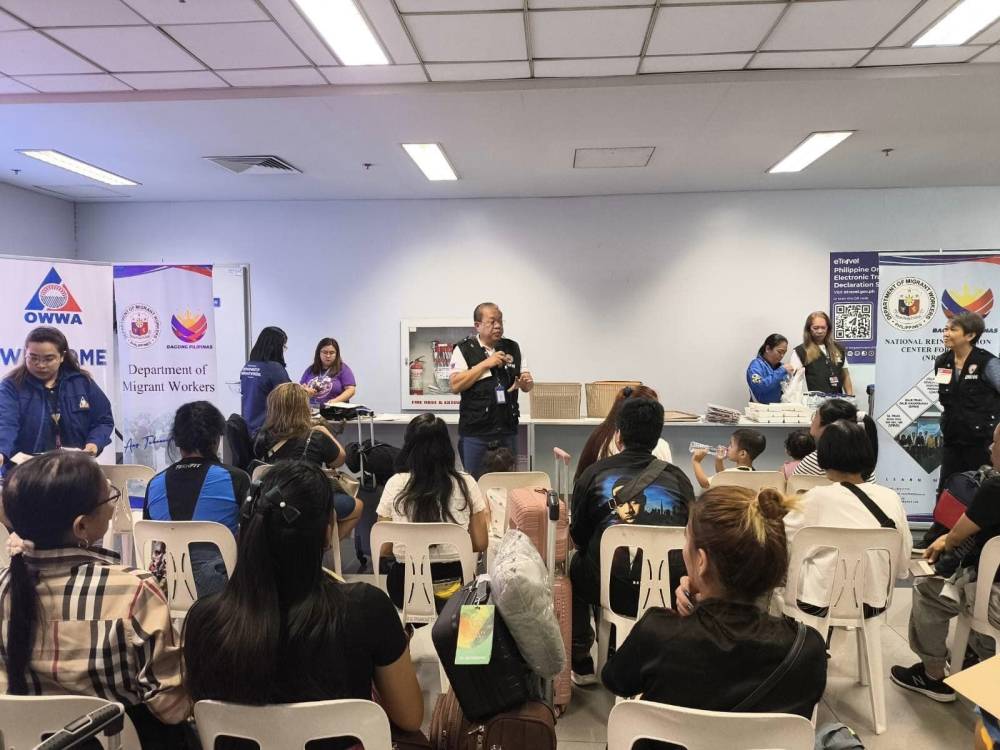
Despite an urgent advisory from the Philippine Embassy in Lebanon for all 11,000 Filipinos to leave immediately due to escalating tensions in the Middle Eastern country, only around 1,000 were willing to come home, a Department of Foreign Affairs (DFA) official said in a radio interview on Sunday.
Critical areas
The embassy asked those who were unable to comply to evacuate to safer areas outside of Beirut, south Lebanon and the Bekaa Valley.
De Vega, however, noted that many Filipinos there were “not yet very interested” in leaving.
“Filipinos think they are safe in Beirut because the missiles don’t hit there, yes, but we don’t want them to be there when the trouble escalates,” he said.
De Vega noted that some overseas Filipino workers often argue that they would rather face the risks abroad than return home and starve.
“That is not true because there is a reintegration program under the Department of Migrant Workers for returning Filipinos,” he said.
He said there were no more Filipinos on Lebanon’s border with Israel although are still less than 100 others in towns located in the southern portion of Lebanon.
“We also want the Filipinos to leave those areas. The ambassador said there are less than 100 people so they are checking now because those [are the areas] that Israel might attack,” he said.
“What we want right now is [for] our kababayan [to] indicate who wants to go home while there is still an airport, there are still airlines. In the event that war happens and the airport is closed, that would be difficult,” De Vega added.
Contact information
Filipinos who need repatriation assistance should fill out this online form: https://tinyurl.com/2024Repatriation.
Documented or undocumented Filipino workers may also contact +96179110729 while other overseas Filipinos such as dependents with permanent resident status may call +96170858086.
The Lebanese health ministry said in an Agence France-Presse (AFP) report that an Israeli airstrike in south Lebanon on Saturday killed 10 Syrians, as the Israeli military reported hitting weapons stores of the Iran-backed Hezbollah movement.
The death toll from the strike in the Wadi al-Kafur area of Nabatieh was one of the heaviest since Hezbollah began exchanging near-daily cross-border fire with Israeli forces after the Gaza war broke out in October last year.
Egyptian, Qatari and US mediators have been trying to broker a ceasefire in the war between Israel and Hamas, which diplomats say could help avert a wider war in which Lebanon would be at the front line.
Lebanese Prime Minister Najib Mikati told British Foreign Minister David Lammy in a call there was a “need to pressure the Israeli enemy to stop its direct targeting of southern towns and villages.”
The Syrian foreign ministry condemned the airstrike, calling it “a blatant crime against Lebanon’s sovereignty and territorial integrity, and a threat to peace and security in the region.”
The killing of senior Hezbollah commander Fuad Shukr in an Israeli airstrike in late July, swiftly followed by that of Hamas political chief Ismail Haniyeh in an attack in Iran blamed on Israel, prompted threats of retaliation and fears of a wider Middle East war. —WITH A REPORT FROM AFP















